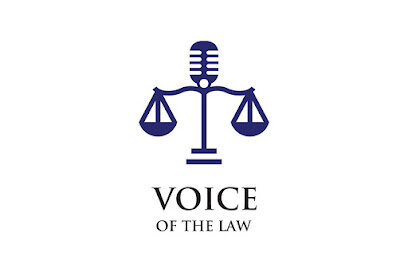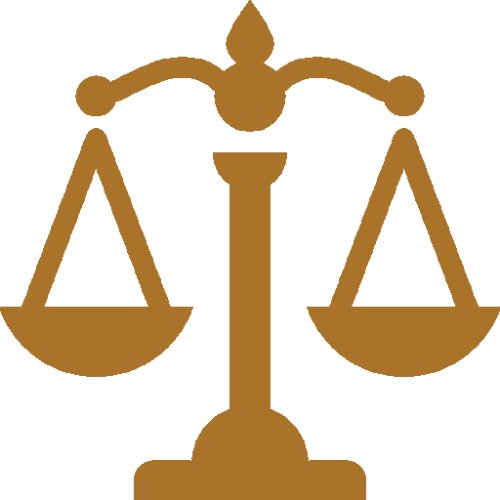Best Agriculture Lawyers in Bulgaria
Share your needs with us, get contacted by law firms.
Free. Takes 2 min.
Or refine your search by selecting a city:
List of the best lawyers in Bulgaria
About Agriculture Law in Bulgaria
Agriculture is an essential sector in Bulgaria, contributing significantly to the country's economy. Thanks to its favorable climate and fertile soils, Bulgaria is a leading producer of wheat, sunflowers, and tobacco in Europe. Bulgarian agriculture law encompasses various legal issues related to land ownership, labor, environmental regulations, subsidies, and trade. These laws are designed to support sustainable agricultural development, ensuring that farming practices meet environmental and safety standards while also protecting farmers' rights and interests.
Why You May Need a Lawyer
There are several situations in agriculture where legal advice might be necessary. Here are common scenarios:
- Disputes over land ownership or farming rights
- Understanding and applying for European Union agricultural subsidies and support programs
- Compliance with environmental regulations and safety standards
- Labor-related issues, including hiring practices and working conditions
- Contractual agreements for selling or distributing agricultural products
- Handling cases of crop damage or losses due to natural disasters
Local Laws Overview
Bulgaria's laws affecting agriculture are influenced by both national legislation and European Union directives. Key areas include:
- Land Ownership and Use: Laws govern how agricultural land can be owned, leased, and used, including zoning regulations and land consolidation efforts.
- Environmental Legislation: Farmers must comply with standards for pesticide use, pollution control, and conservation efforts to protect local ecosystems.
- Subsidies and Financial Support: Various programs provide subsidies to support agricultural activities, with compliance and eligibility criteria governed by both Bulgarian and EU regulations.
- Labor Regulations: Employment laws cover agricultural workers, including hiring practices, wages, and working conditions.
- Trade and Export Rules: Regulations govern the export of agricultural products, including quality standards and tariffs.
Frequently Asked Questions
What are the typical land ownership challenges in Bulgarian agriculture?
Common issues include inheritance disputes, unclear titles, and conflicts between private owners and government land claims.
How can I apply for EU agricultural subsidies?
Applications typically require detailed documentation of your farming activities, compliance with regulations, and periodic audits by relevant authorities.
What environmental regulations should I be aware of?
Farms must adhere to regulations concerning pesticide use, soil conservation, water management, and biodiversity preservation.
What are the requirements for hiring agricultural workers?
Ensure compliance with national labor laws focusing on contracts, minimum wage, and safe working conditions. Special considerations exist for seasonal workers.
How can I resolve a contractual dispute with a buyer?
Seek legal consultation to review the contract terms, and consider arbitration or mediation to resolve disputes rather than court litigation.
What is the process for setting up an agricultural cooperative?
Follow legal guidelines under Bulgarian law to register the cooperative, draft bylaws, and establish a board of directors.
How do I handle crop damage due to natural disasters?
Explore government relief programs and insurance options to mitigate financial losses from such unforeseen events.
Are there any taxes specific to the agriculture sector?
Yes, there are tax incentives and exemptions available, but also specific taxes on certain agricultural goods and activities.
What should I know about agricultural property inheritance?
Inheritance laws can be complex, often requiring legal intervention to resolve claims and distribute property among heirs.
How do Bulgarian laws affect foreign investors in agriculture?
Foreign investors must comply with Bulgarian and EU laws on investment, land ownership, and agricultural operations, often requiring local partnerships.
Additional Resources
For more information, individuals can refer to the following resources:
- Ministry of Agriculture, Food and Forestry of Bulgaria: Offers insights into regulations, subsidies, and agricultural statistics.
- Bulgarian Chamber of Agriculture: Provides support and resources for agricultural businesses.
- European Union Common Agricultural Policy (CAP): Details EU subsidies and policy frameworks pertinent to Bulgarian agriculture.
- National Association for Legal Aid: Can assist in finding legal representation and understanding agricultural law specifics.
Next Steps
If you need legal assistance in agriculture, consider these steps:
- Identify and document the issue you are facing.
- Research and reach out to a lawyer specializing in agriculture law in Bulgaria.
- Prepare necessary documents, including land titles, contracts, and any correspondence related to the issue.
- Schedule a consultation to discuss your situation and explore possible legal actions.
- Stay informed about current regulations and updates in the agricultural sector to preempt future legal concerns.
Lawzana helps you find the best lawyers and law firms in Bulgaria through a curated and pre-screened list of qualified legal professionals. Our platform offers rankings and detailed profiles of attorneys and law firms, allowing you to compare based on practice areas, including Agriculture, experience, and client feedback.
Each profile includes a description of the firm's areas of practice, client reviews, team members and partners, year of establishment, spoken languages, office locations, contact information, social media presence, and any published articles or resources. Most firms on our platform speak English and are experienced in both local and international legal matters.
Get a quote from top-rated law firms in Bulgaria — quickly, securely, and without unnecessary hassle.
Disclaimer:
The information provided on this page is for general informational purposes only and does not constitute legal advice. While we strive to ensure the accuracy and relevance of the content, legal information may change over time, and interpretations of the law can vary. You should always consult with a qualified legal professional for advice specific to your situation.
We disclaim all liability for actions taken or not taken based on the content of this page. If you believe any information is incorrect or outdated, please contact us, and we will review and update it where appropriate.
Browse agriculture law firms by city in Bulgaria
Refine your search by selecting a city.














